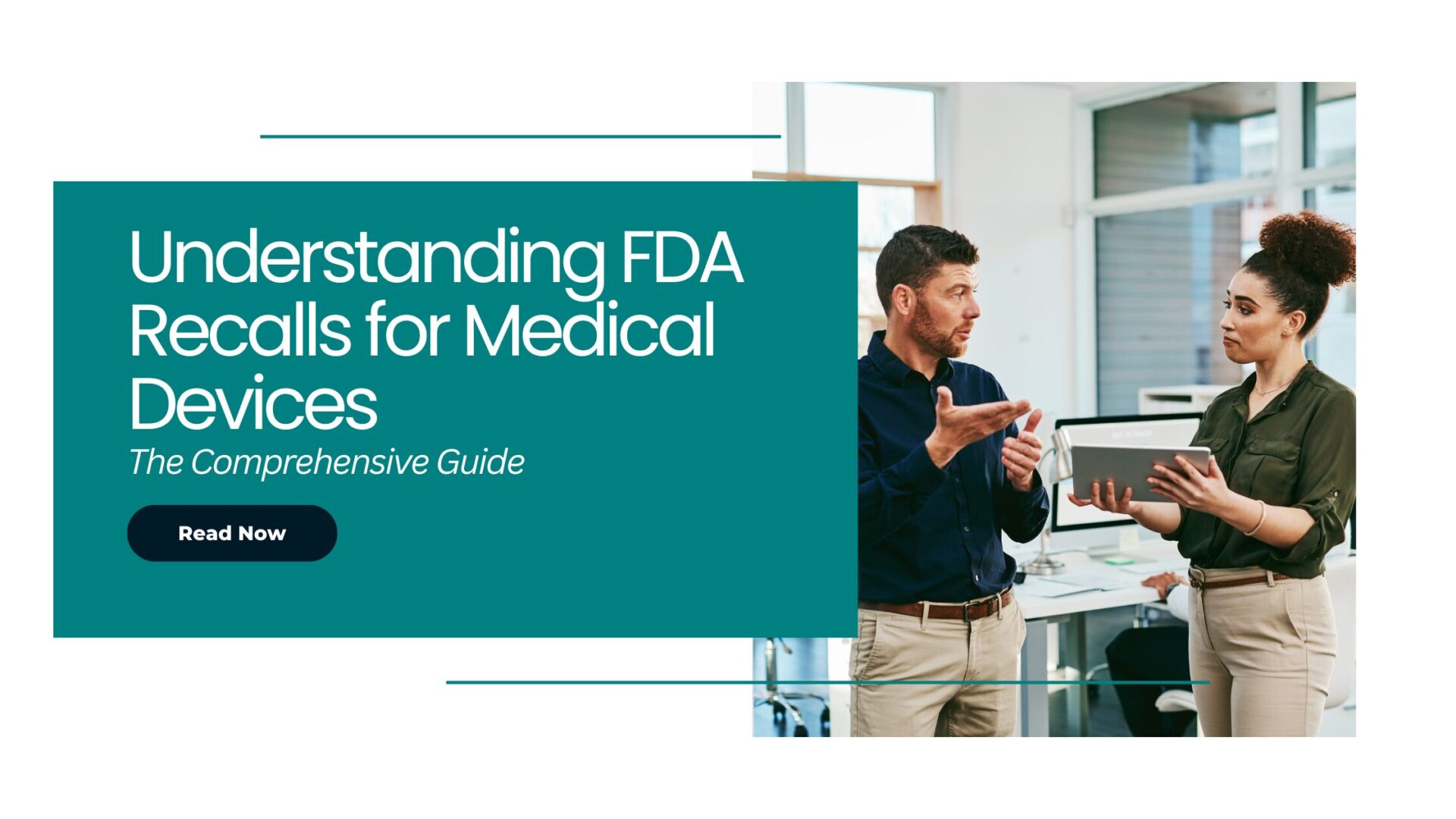Quality in a service or a product is not what you put into it; it’s what the end user gets out of it. In healthcare, the term “quality” has a lot of importance as it helps to achieve greater consistency in activities that are involved in the development of products and services. It increases efficiency in processes and improves the use of time resulting in customer satisfaction. While we think quality should be common knowledge, we are often faced with many questions such as:
- What is ISO 9001 about and to whom does it apply?
- What are the important clauses of ISO 9001?
- How can one implement compliance to the standard?
- What are the advantages of complying with ISO 9001?
Here are the answers!
What is ISO 9001 about and to whom does it apply?
ISO 9001 is the internationally recognized Quality Management System (QMS) standard that benefits all kinds of organizations. ISO 9001:2015 applies to any organization, regardless of size or industry. Numerous organizations from more than 160 countries have applied the ISO 9001 standard requirements to their organizations’ quality management systems. This holds true for medical device companies as well. Understanding the standard is crucial to develop and maintaining the QMS.

How does the ISO 9001 standard apply to Medical Device companies?
Since ISO 9001 is a general standard for setting up a QMS and can be adopted by any company, Medical Device companies can use it as their standard for implementing a QMS. However, ISO 13485 is a more industry-specific standard to comply with. Moreover, some markets actually require ISO 13485 certification in order to sell medical devices, like Canada and the EU.
What are the important clauses of ISO 9001?
There are a total of 10 clauses in ISO 9001, the first 3 clauses talk about the scope of the standard, references to better understand the standard, and terms and definitions. Clauses 4 to 10 explain the requirements in order to comply with the standard.
Clause 4: Context of the organization
Clause 4 deals with the internal and external issues that can influence an organization in constructing and meeting its objectives, as well as the stakeholders that interact with the Quality Management System. Further, it talks about the requirements and the scope of the QMS.
Clause 5: Leadership and commitment
Clause 5 outlines the requirements concerning top management, which are:
- promoting customer focus activities throughout the organization,
- developing and sticking to a Quality Policy that sets direction and alignment
- determining responsibilities and authorities all over the QMS
Clause 6: Planning for the QMS
Clause 6 details the requirements for determining and working with risks and opportunities. This section also talks about the requirements for setting quality objectives, aligned with the Quality Policy, and plans to meet them.
Clause 7: Support & resource management
Clause 7 is an assorted section that includes requirements for management to provide resources, i.e., human resources, infrastructure, work environment, the control of any equipment used to monitor or measure the product or service, and the organizational knowledge required to operate the QMS.
Clause 8: Operational planning and control
Clause 8 requirements are concerned with product or service planning. It details determining and reviewing the product requirements, design and development, and purchasing, followed by manufacturing a product or service and its supply.
Clause 9: Performance evaluation
Clause 9 outlines requirements for assessing customer satisfaction, internal audit, monitoring, analysis, and evaluation of process performance. The clause also includes the requirements of the management review, including the mandatory inputs and outputs for the review.
How can you comply with ISO 9001?
The first step is to understand and familiarize yourself with ISO 9001, once you know the requirements, the path to compliance becomes easy. The next step is to plan out everything for implementation. Later, one needs to identify the roles, responsibilities, policies, and objectives. After the planning stage, the documentation needs to be developed.
Once the documentation is over, the Quality Management System needs to be launched and reviewed for performance. Now, at this stage, you are ready to register for certification. Further, continual improvement is important for compliance.
What are the benefits of Implementing ISO 9001?
- Goals: With ISO 9001, manufacturers could pursue their product or service delivery objectives in a coordinated manner.
- Costs: Having a standardized QMS in companies helps in reducing management and administrative expenses associated with training the resources.
- Improved customer satisfaction: The primary goal of the implementation of this standard is to ensure the delivery of customer-centered services, which ensures customer satisfaction
- Improved staff morale: Shared objectives within the industry coupled with defined corrective action processes, supported by robust risk management ensures that the staff has a defined goal for their work
- Information sharing: Standardized processes within the sector allows quick and safe sharing of information with the interested parties, further ensuring cost-efficacy and confidentiality of information.
A high-quality product or service is something that every manufacturer aspires to create. But how to assure that the product is of the quality you expect it to be? What do customers look for to verify the quality of your product? All these questions lead to one answer, and that is an ISO 9001 certification. Do you wish to know more about this standard and how it will support your company? Elexes is here to help you! Our dedicated team has rich experience in the documentation needed to meet the requirements of ISO 9001 and to help you implement a robust QMS. Please feel free to reach out to us via email at jennifer@elexes.com for further details.
Become a Certified Organization! Increase credibility for your product and services!




















